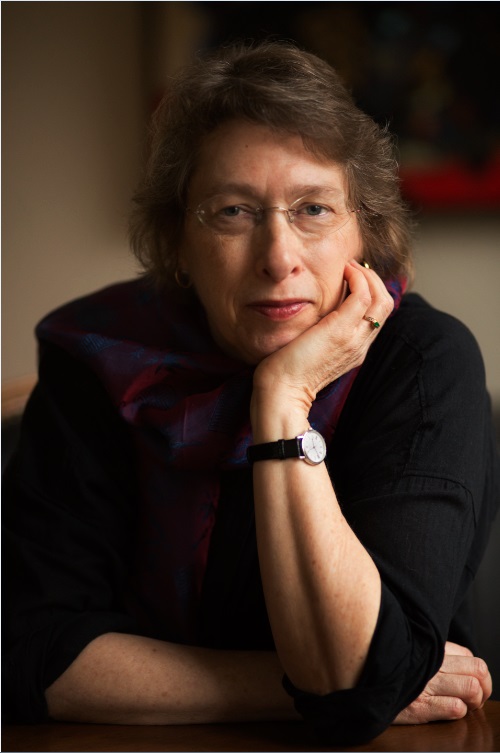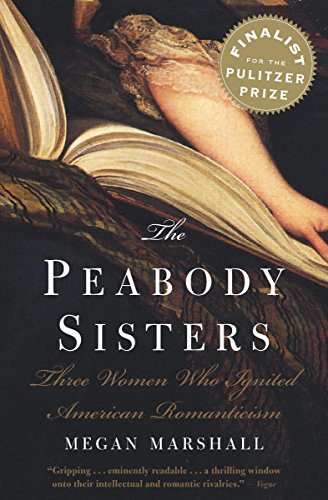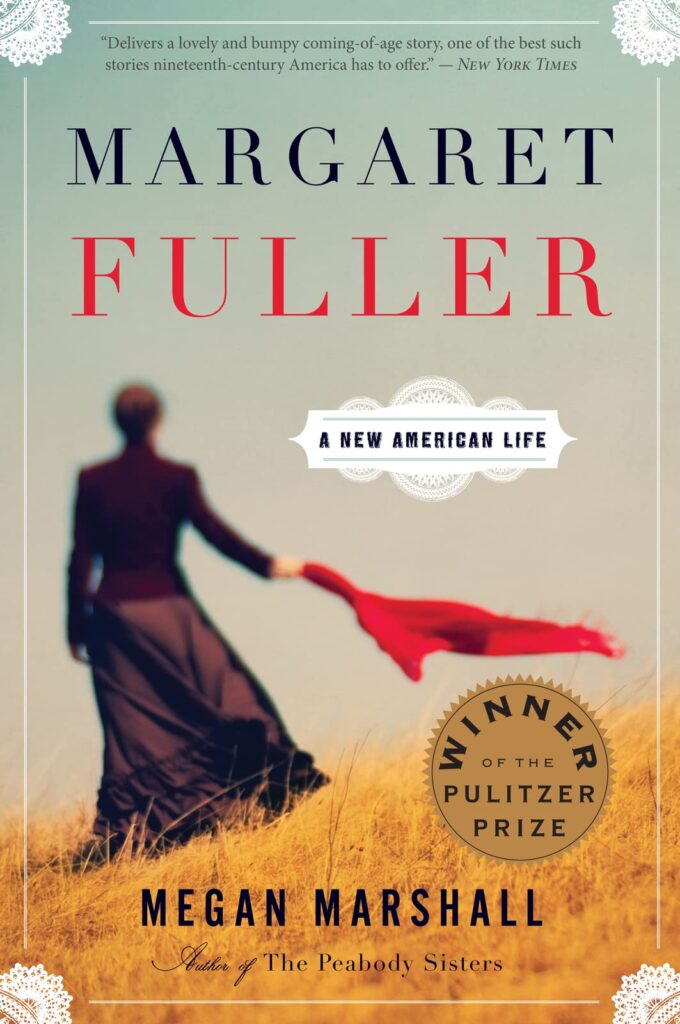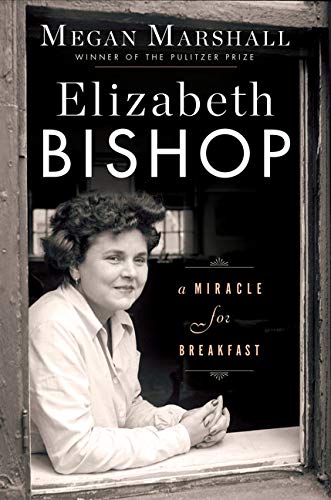BIO Award Winner Marshall on What Makes a Gripping Biography

Charles Wesley Emerson Professor and Pulitzer Prize-winner Megan Marshall is the recipient of this year’s Biographers International Organization (BIO) Award, given to a “distinguished colleague who has made major contributions to the advancement of the art and craft of biography.”
“Selecting a BIO Award winner is always a difficult matter because there are so many worthy candidates,” BIO Award Committee Chair Kai Bird said in a statement, “but this year our committee quickly came to a unanimous decision when Megan Marshall’s name was mentioned.”
Marshall is the author of three award-winning biographies. The Peabody Sisters: Three Women Who Ignited American Romanticism (Houghton Mifflin, 2005) won the Francis Parkman Prize, Mark Lynton History Prize, and the Massachusetts Book Award in Nonfiction. It also was a finalist for the Pulitzer Prize in Biography, an award that went to her second book, Margaret Fuller: A New American Life (Houghton Mifflin Harcourt, 2013), also the winner of the Massachusetts Book Award in Nonfiction. Elizabeth Bishop: A Miracle for Breakfast (Houghton Mifflin Harcourt, 2017) was a finalist for the Christian Gauss Prize in Literary Criticism of the Phi Beta Kappa Society.

In addition to her books and numerous articles, Marshall, who teaches in the Writing, Literature, and Publishing Department, is a founder of the New England Biography Series at the Massachusetts Historical Society, and served a term as president of the Society of American Historians.
“This is an astonishing and unexpected honor, and deeply meaningful,” Marshall said of the BIO Award, which has gone to biographers the likes of Ron Chernow, Hermione Lee, David Levering Lewis, and Jean Strouse. “I remember the first presentation [of the award] to Jean Strouse, whose example led me into biographical work … and now all through the years, such great exemplars of the craft have been awarded this prize. To think of joining their distinguished company is quite overwhelming.”
Emerson Today asked Marshall to weigh in on what makes a biography great. To answer, she took a page from one of her teachers and an eventual biography subject, Elizabeth Bishop, whose poetry workshop Marshall took as an undergrad at Harvard University.
“Although she didn’t talk much about her own craft, she once told an interviewer: ‘The three qualities I admire in poetry I like best are: accuracy, spontaneity, mystery,’” Marshall said. “These qualities translate easily to biography, especially the first.”
Megan Marshall’s Three Essential Ingredients of a Great Biography:

Accuracy is number one. I’m not going to trust a biographer’s account unless I’m certain she’s got the facts straight. There are many ways to demonstrate you’ve done your homework, both in the text itself and by giving useful source notes.
I also want to have places and people depicted clearly and vividly. Accuracy and precision go hand in hand. I like an exciting or inspiring life story, but if I don’t believe the writer, and if I can’t picture the subject and her surroundings, I’ll put the book down.
Spontaneity, in biography, is a sense you pick up from the writer’s style. I like to feel directly addressed by the writer, as if the biographer is speaking to me. There are many ways this can be done — perhaps by letting the reader in on the documents and interviews you’ve sifted through to shape your account and reach your conclusions. Or maybe just a fresh, you-are-there way of telling the life story.
I strive for a convincing sense of immediacy, relying a great deal on my subjects’ own words. The result is a kind of mosaic of their perceptions and my narration, which I hope gives readers the feeling they’re moving through time with my subject, seeing the world and reacting to events as she does, following and even participating in her decisions, inhabiting the character — the way you read a good novel.

Mystery really comes down to plot. Every life moves from birth to death. But how does this particular life take shape? Where does it lead? The biographer must find a narrative arc that’s both accurate and compelling — that keeps readers wondering what will happen next, even if they already know the outcome. From the opening pages of my biography of Margaret Fuller, readers know that she died young in a shipwreck. I have to find other mysteries to keep the reader interested along the way, and to maintain suspense when that storm finally comes.
Mystery also applies to the choice of subject — why do we want to learn about this person now? It’s wonderful to be surprised by a biography of an off-beat or quirky subject, and to be persuaded that this little-known life is worthy of our attention — or to see a well-known subject from an unexpected angle, in a new light.
Marshall will give the keynote address at the 2022 BIO Conference, being held online, on May 14.
Categories